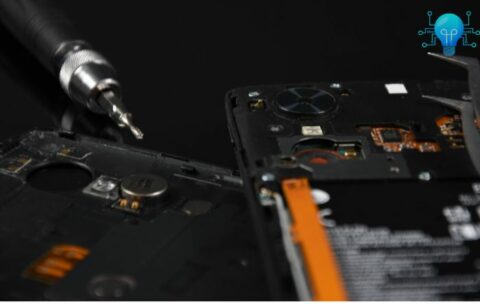Financial Planning & Analysis: Company’s Budget
“Financial Planning & Analysis: Company’s Budget” is an in-depth and …
What you'll learn
Excel Crash Course: Master Excel for Financial Analysis
“Excel Crash Course: Master Excel for Financial Analysis” is an …
What you'll learn
Ethical Considerations in Machine Learning and AI
Embark on a critical exploration of the intricate relationship between …
What you'll learn
Electronics – for Complete Beginners
Electronics has become important to many fields; communications, automotive, security, …
What you'll learn
Efficient DevOps Practices: Automation for Agile Development
In the fast-paced world of software development, the convergence of …
What you'll learn
Effective Data Visualization Techniques for Insights
Dive into the world of impactful data visualization with the …
What you'll learn
Effective Data Cleaning Strategies and Techniques
Unlock the power of data purity and accuracy through the …









